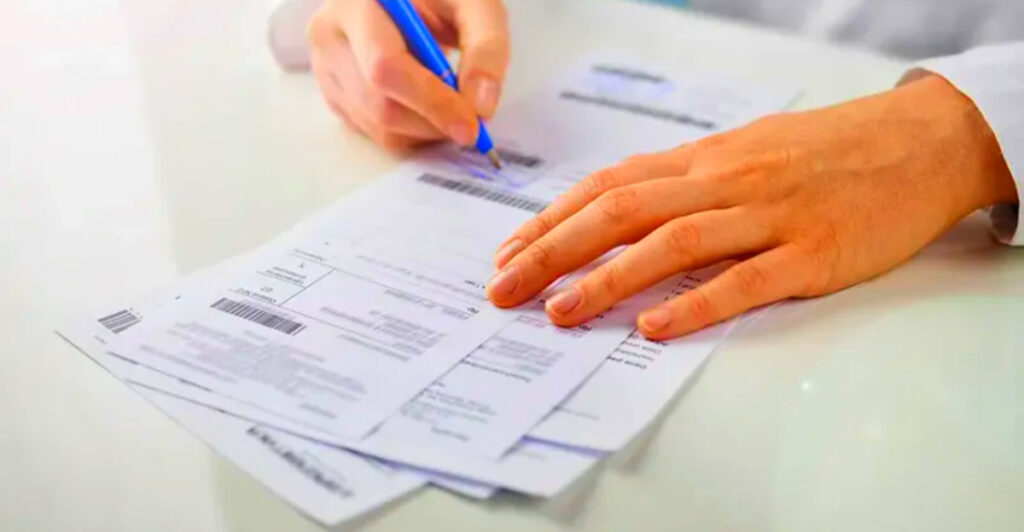Smart travelers know that preparation can make or break a trip. When you’re thousands of miles from home, having the right documents copied can save you from disaster. But not all copies are created equal – some can actually put you at risk.
1. Always Copy Your Passport’s Information Page
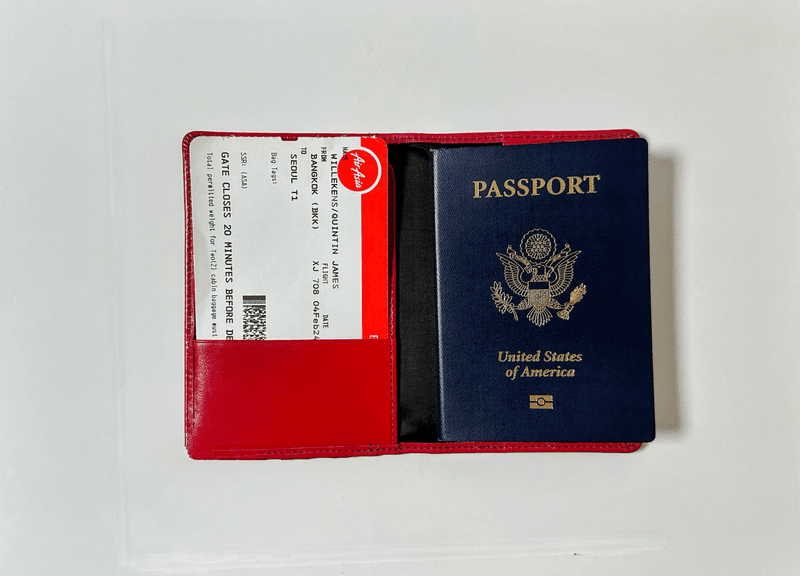
Your passport is your golden ticket home, but losing it abroad turns vacation into nightmare. Embassy officials need specific details to issue emergency replacements quickly.
Photocopy the main page with your photo and personal information. Store one copy separately from your passport and email yourself a digital version.
This simple step can cut replacement time from weeks to days when disaster strikes.
2. Make Copies of Travel Insurance Policies
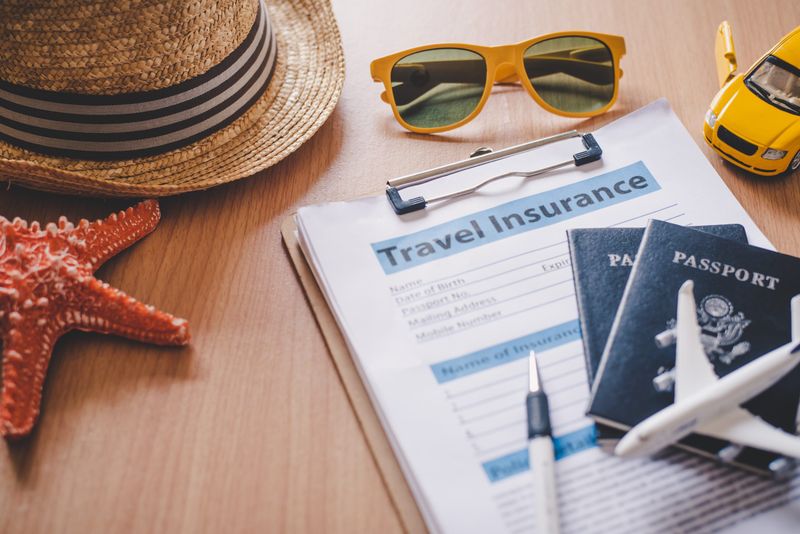
Medical emergencies don’t wait for WiFi connections. When you need evacuation or emergency treatment, having paper copies of your insurance policy becomes crucial.
Print your full policy details including coverage limits and the 24-hour emergency hotline number. Keep this information in your carry-on bag, not checked luggage.
Digital copies won’t help when your phone dies during a crisis situation.
3. Print Your Flight and Hotel Confirmations
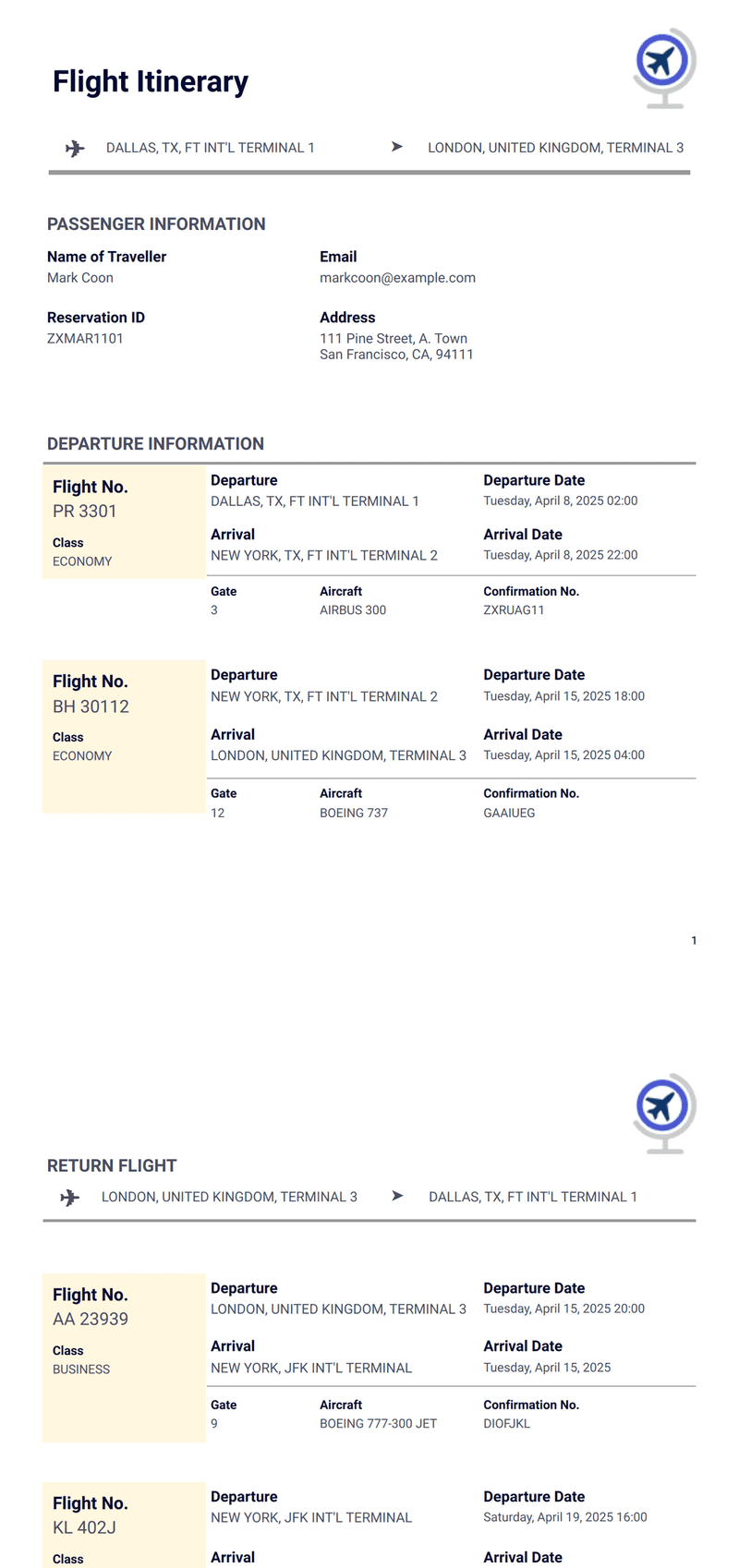
Technology fails at the worst possible moments. Airport systems crash, phones die, and apps stop working just when you need them most.
Hard copies of flight itineraries and hotel bookings serve as your backup plan. Gate agents and hotel staff can process paper confirmations even when their systems are down.
Smart travelers always carry printed confirmations in their carry-on bags for peace of mind.
4. Copy Your Visa or Entry Permits
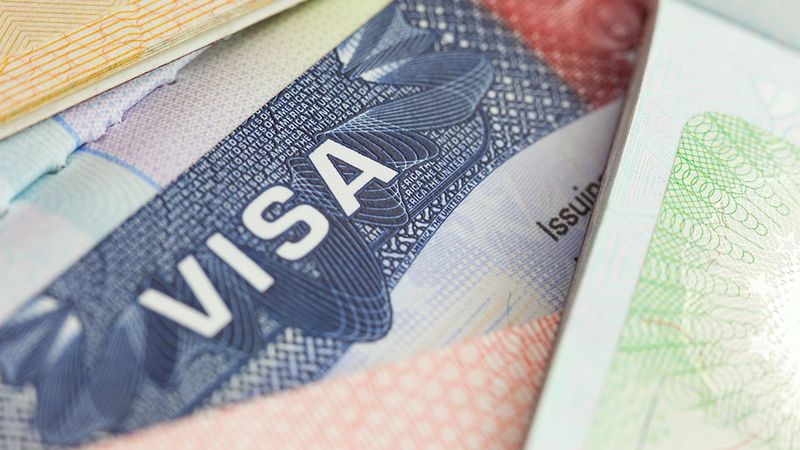
Border officials move fast and don’t have patience for fumbling through phones. Having visa copies ready shows you’re prepared and speeds up the entry process.
Some countries require you to carry visa documentation at all times during your stay. A photocopy protects your original from wear and tear.
Keep copies separate from originals to avoid losing both documents simultaneously.
5. Bring Copies of Prescriptions
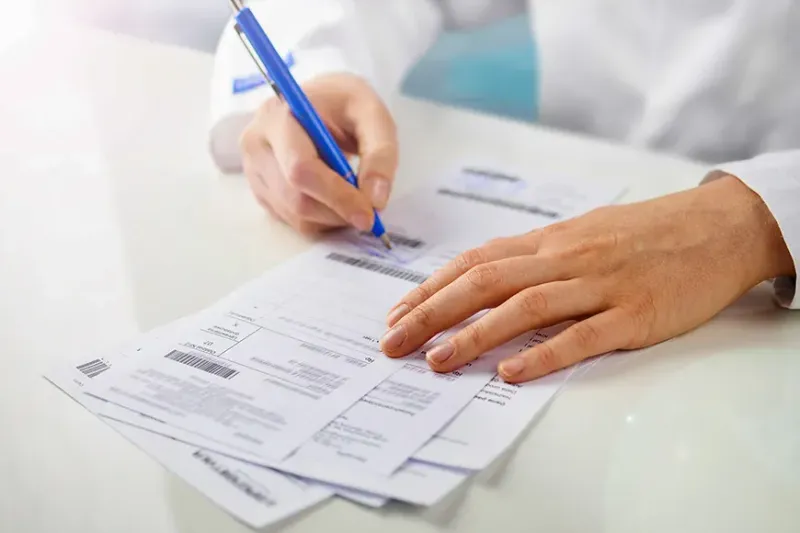
Prescription bottles get lost, stolen, or broken during travel. Without proper documentation, replacing essential medications becomes nearly impossible in foreign countries.
Copy both your prescription labels and the actual prescriptions from your doctor. Include generic drug names since brand names vary internationally.
Eyeglass and contact lens prescriptions are equally important for replacements during extended trips.
6. Copy Driver’s License for Car Rentals

Car rental companies require valid driver’s licenses, but originals can get damaged or lost. A photocopy serves as backup identification for various situations.
Hotels, tour operators, and local transportation services often accept license copies as secondary identification. This protects your original from unnecessary handling.
Even if you’re not planning to drive, having this backup ID proves invaluable throughout your journey.
7. Emergency Contact Information List
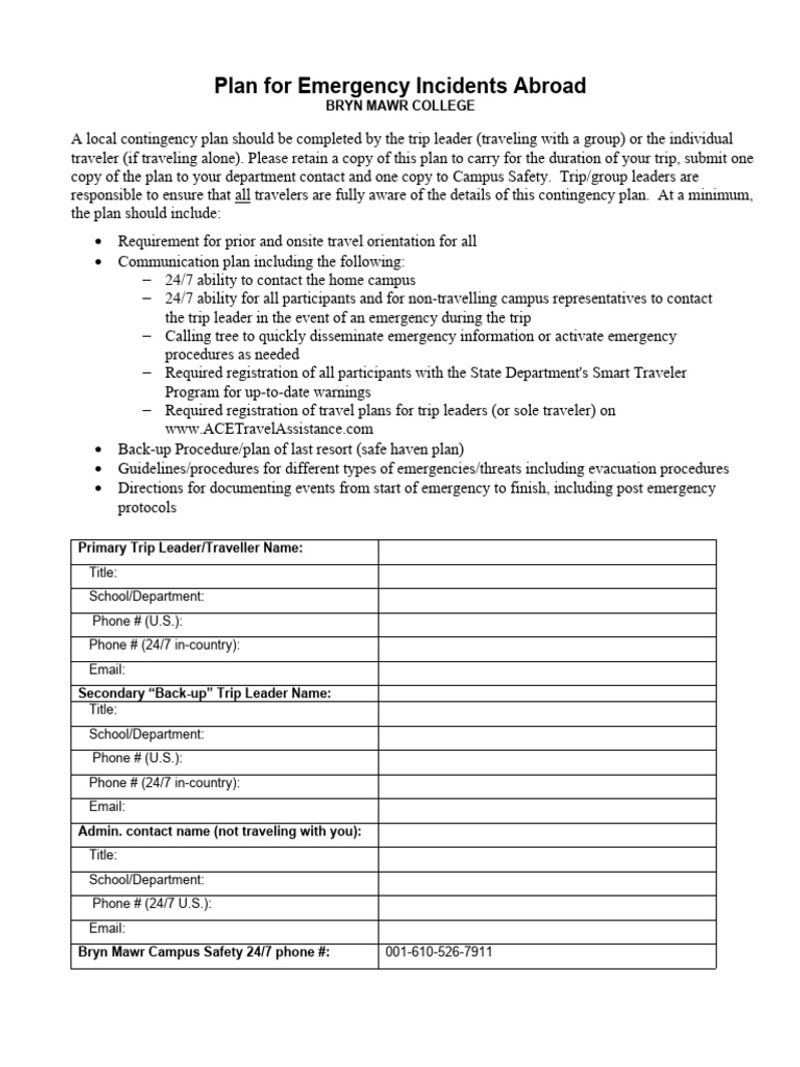
Dead phones happen at the worst times, leaving you stranded without important numbers. A printed emergency contact list becomes your lifeline during crises.
Include family members, your bank’s fraud hotline, and your country’s embassy contact information. Add local emergency numbers for your destination country.
Laminate this list or store it in a waterproof sleeve for maximum durability during your travels.
8. Never Copy Credit or Debit Cards
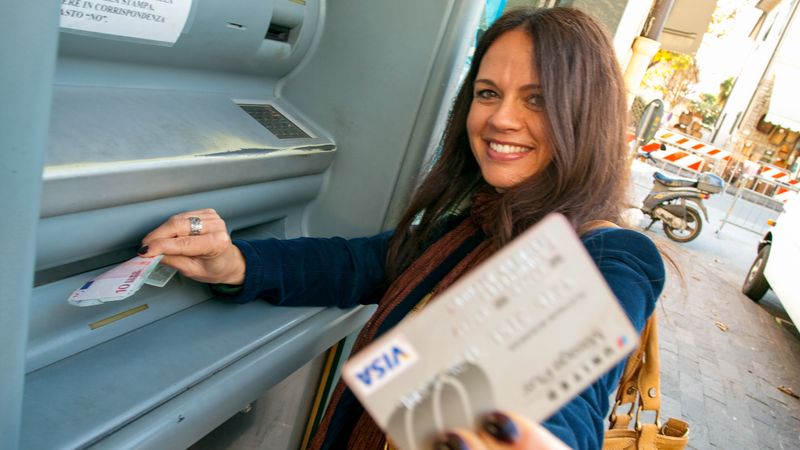
Here’s the dangerous mistake many travelers make: copying their bank cards. Unlike other documents, card copies create serious security risks without providing benefits.
Thieves who steal your bag instantly get complete card details including numbers, expiration dates, and security codes. Instead, write down your bank’s fraud hotline separately.
This allows quick card cancellation without exposing sensitive financial information to criminals.

